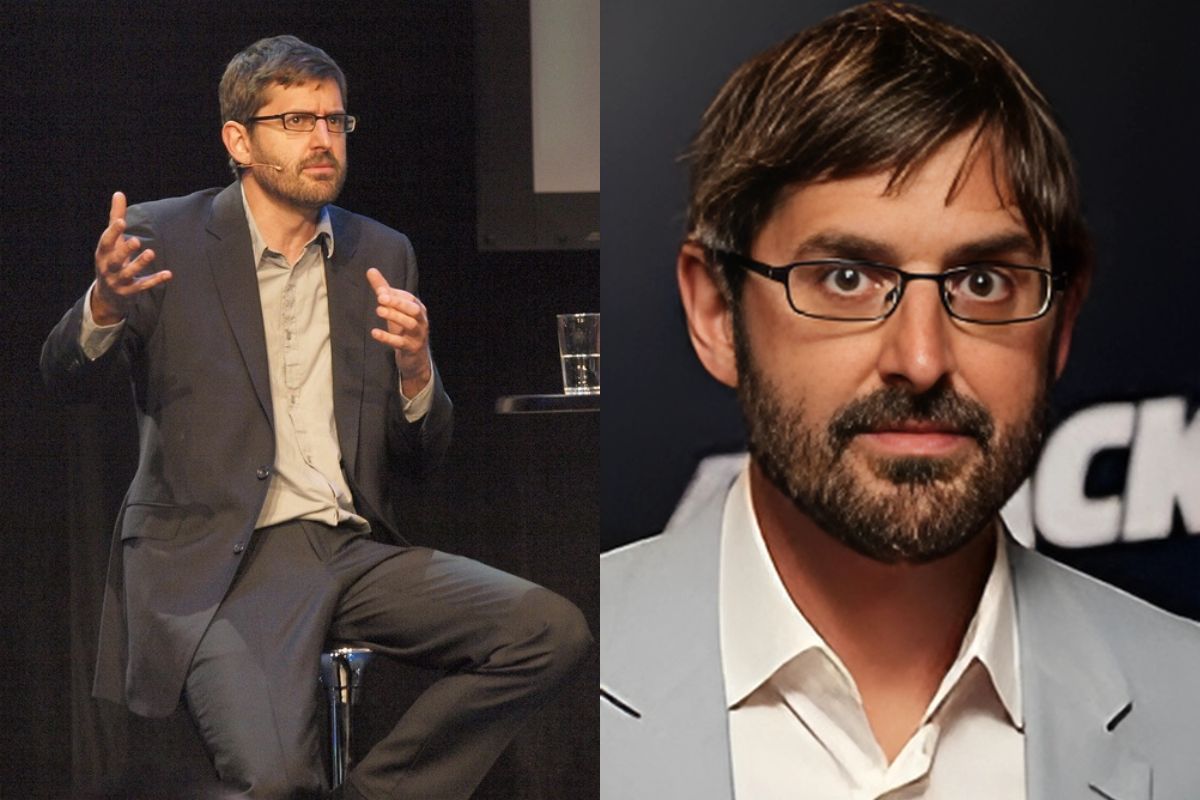Louis Theroux’s Powerful Return: “The Settlers” Documentary Earns Global Praise

Louis Theroux, the celebrated British documentarian known for his disarming interview style and fearless exploration of controversial topics, has once again proven why he remains a titan in the world of investigative filmmaking. His latest documentary, The Settlers, aired recently on BBC Two, and it has been lauded by critics and audiences alike as a powerful, thought-provoking masterpiece.
This latest work is a follow-up to his 2011 documentary Ultra Zionists, where Theroux first visited the Palestinian West Bank to interview Israeli settlers. Fourteen years later, he returns to find a region where settler ideology has not only endured but has gained significant political momentum.
Table of Contents
ToggleRevisiting the West Bank: A Changed Landscape
In The Settlers, Louis Theroux explores the complex and often volatile situation in the West Bank, where settlements deemed illegal under international law continue to expand. Through deeply personal interviews, he seeks to understand how settler beliefs have become increasingly mainstream within Israeli politics.
Among the settlers he revisits is Ari Abramowitz, who boldly claims that Palestinians have no legitimate claim to the land. Theroux presents Abramowitz’s arguments with minimal interference, allowing viewers to grapple directly with the stark ideology he represents.
On the other side of the divide, Theroux meets Issa, a Palestinian who leads him through Hebron, a city suffocated by dozens of Israeli checkpoints. As Theroux navigates the silent, shuttered streets, the contrast between freedom and restriction is painfully visible, offering viewers an unfiltered glimpse into everyday Palestinian life under occupation.
Theroux’s Signature Interview Style: Empathy Over Aggression
Part of what makes The Settlers so compelling is Theroux’s unique interviewing technique. Known for his calm demeanor, genuine curiosity, and non-threatening manner, he encourages his subjects to speak openly — often revealing controversial or unsettling views they might otherwise withhold.
Fans have taken to social media to praise his “gentle approach,” which paradoxically enables even the most extreme individuals to expose the depth of their beliefs. One viewer wrote:
“Louis Theroux’s brilliance is that truly unhinged people feel safe enough to spout their worldviews.”
Another called The Settlers “a masterpiece delivered in silence,” emphasizing how Theroux’s patient silences often lead to the most profound revelations.
This interviewing method isn’t new for Theroux. In previous documentaries like The Most Hated Family in America (2007), about the Westboro Baptist Church, and Louis and the Nazis (2003), where he spent time among American neo-Nazis, he has consistently used quiet persistence to draw out raw and authentic conversations.
Walking a Fine Line: The Ethics of Platforming Extreme Views
As always with Theroux’s work, The Settlers raises important ethical questions. Some critics argue that giving airtime to extremist settlers risks “platforming” dangerous ideologies. However, many defenders—and indeed Theroux himself—point out that exposure does not equal endorsement.
As The Independent’s Phil Harrison notes in his four-star review:
“No one is getting off the hook here — challenging people who seem beyond the pale is hardly unfamiliar territory for Theroux.”
By letting extremists speak for themselves, without heavy-handed editorializing, Theroux encourages viewers to critically assess these views in all their rawness. The effect is more powerful than any overt condemnation could achieve.
A Career Defined by Fearless Curiosity
Louis Theroux’s approach to journalism is rooted in empathy, curiosity, and bravery. Over a career spanning nearly three decades, he has tackled some of society’s most sensitive and uncomfortable topics — from ultra-nationalism and religious extremism to pornography, crime, mental health, and polyamory.
Each time, he has shown a rare willingness to step outside his comfort zone, often placing himself in challenging, even dangerous environments to uncover the human stories hidden beneath sensational headlines.
The Settlers is the latest addition to this rich legacy, reaffirming Theroux’s belief that understanding people — even those with views we find reprehensible — is the first step toward deeper social awareness.
The Importance of “The Settlers” Today
In an era of increasing global polarization, The Settlers serves as a crucial reminder that complex conflicts require nuanced storytelling. The Israeli-Palestinian conflict remains one of the world’s most contentious and sensitive geopolitical issues, often reduced in mainstream media to binary narratives.
By spending time with individuals on both sides of the divide, Louis Theroux offers a rare, multi-dimensional portrait of life in the West Bank—highlighting not just the ideologies, but the profound human cost of the ongoing struggle.
At a time when journalism often leans toward either aggressive confrontation or sensationalism, Louis Theroux’s careful, thoughtful approach is more necessary than ever.
Louis Theroux Remains in a Class of His Own
Through The Settlers, Louis Theroux once again proves that the art of quiet, courageous listening can be more revealing than any headline or debate. By returning to the West Bank after 14 years, he not only captures how much the region has changed but also reminds us that real journalism is about giving a platform to truth—no matter how uncomfortable that truth might be.
In an age where media often chooses sides, Louis Theroux chooses to bear witness — and that, perhaps, is the greatest service a journalist can provide.
Published by Azura Everhart
Hey, I am Azura Everhart a digital marketer with more than 5+ years of experience. I specialize in leveraging online platforms and strategies to drive business growth and engagement. View more posts
Recent Post
Nordic Walking Culture in Modern Britain







